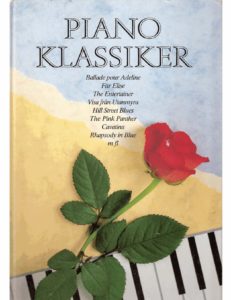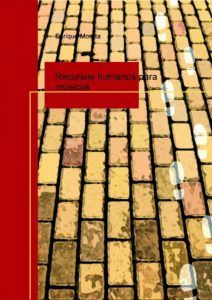Why Your Library Needs Music? An interesting article
A growing body of research is affirming the central role of music in early literacy. Librarians are listening—and designing programs with a deep mindfulness of how music supports PreK–learning. Music has been proven to do everything from boosting numeracy to developing empathy among children; from improving speech-language delays to augmenting comprehension. One study from the Music-Science Lab at the Ben-Gurion University of the Negev showed that young children who played hand-clapping games had better cognitive and social skills than those who didn’t.
For librarians, engaging babies and children during 45 minutes of storytime or family sing-along is just part of the job. While making the most of rhyming tunes, props, and the “fun, fun, fun!” factor, as Minnesota children’s librarian Anna Haase Krueger says, librarians also educate parents about music’s importance. A founding principle of the child-adult music program Music Together, created in 1987, is that participation and modeling by adults are critical to children’s musical development.
While many parents crave the bonding and social aspects of these activities, understanding the latest research makes shaking those egg rattles a richer experience. Librarians help them learn—and encourage them to bring the beat home, or in the car, or on the bus.

The library-parent education initiatives Every Child Ready to Read (ECRR) and Every Child Ready to Read 2 (ECRR2) influence many a storytime across the country. “The whole purpose of ECRR is to inform parents about what they can do” at home to prepare kids for school readiness, says Starr LaTronica, past president of the Association for Library Service to Children, which created ECRR kits for youth librarians in partnership with the Public Library Association. “Songs introduce words that they might not encounter somewhere else.”
ECRR, issued in 2004, identified six key skills that support preliteracy, such as print motivation, phonological awareness, and narrative skills. The idea is that encouraging these skills at home will reinforce libraries’ efforts. The revised ECRR2 (2011) uses terms that parents can grasp more easily to encourage these habits, swapping the six skills with five simpler “practices:” sing, talk, read, write, and play. However librarians convey this information, it’s critical for parents to keep up these habits at home. Attending storytime once a week isn’t enough to build preliteracy skills, according to ECRR research.

Where do librarians find music resources to encourage all of this educational fun? From “the hundreds of storytime blogs I follow,” says Kendra Jones, a children’s librarian at the Vancouver (WA) Community Library (VCL), and many follow suit. Sites such as Storytime Underground, where Jones serves as a joint chief, give librarians a forum for posting questions and sharing knowledge and best practices. These free resources, along with social media, professional networks, and storytime songs posted on YouTube and Vimeo, spark creativity and offer a community for librarians who often work in relative isolation.
While many libraries don’t have extensive physical music collections, some make use of library music downloading services such as Freegal. During live programming, many say, old chestnuts, such as “Five Little Monkeys Jumping on the Bed” and “The Wheels on the Bus,” which pair singing with movement, never go out of style.
https://freesheetmusiclibrary.blogspot.com/20s19/06/why-your-library-needs-music.html
